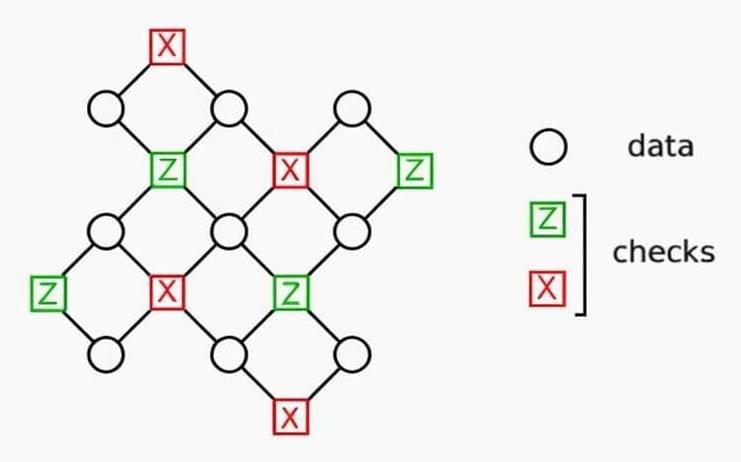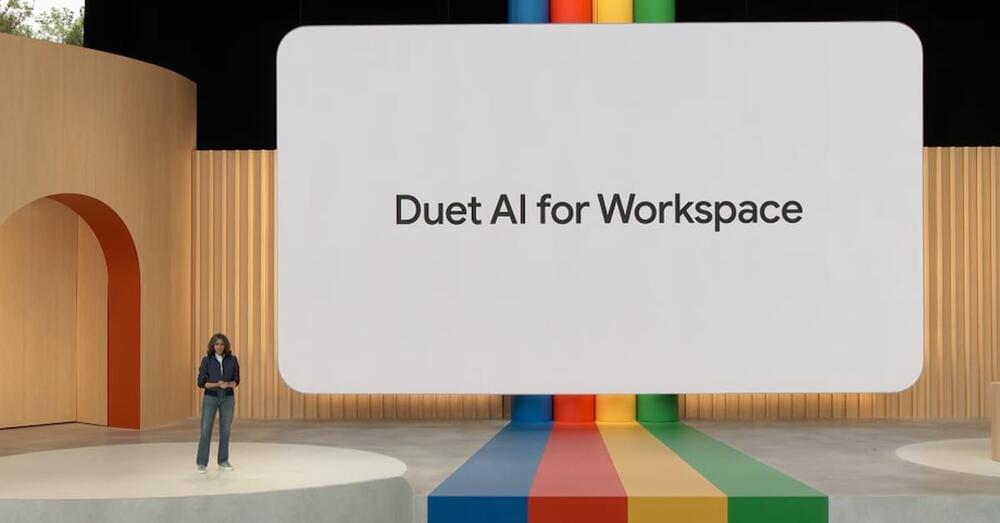Cell therapy company BlueRock Therapeutics has revealed promising results from the Phase 1 clinical trial of bemdaneprocel, an investigational stem cell therapy designed to treat Parkinson’s disease. BlueRock, a wholly owned independently operated subsidiary of pharma giant Bayer, is creating a pipeline of cell therapy treatments for neurological, cardiovascular, immunological, and ophthalmic conditions.
Bemdaneprocel is a stem cell therapy developed to replace dopamine-producing neurons that are lost in Parkinson’s disease. Derived from pluripotent stem cells, the therapy involves implanting neuron precursors into the brains of patients to potentially restore neural networks and improve motor and non-motor functions.
“The need for new therapies to help patients struggling with Parkinson’s disease is clear,” said Ahmed Enayetallah, Head of Development at BlueRock Therapeutics. “We are excited to be sharing the results of this Phase 1 and look forward to advancing bemdaneprocel to the next stage of clinical testing.”






